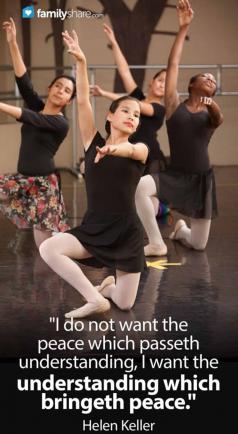
The family that I grew up in was very fortunate to be introduced to differences in race and ethnicity very early on. Even before I was born. When my dad returned from Vietnam, he brought a little girl he'd found there in an orphanage, and she was adopted into our family. As the years passed and as our family grew and branched out, four other siblings who are African American came into our family. Additionally, a niece and nephew are Arabic. Needless to say, when we get together, we are not the typical family group where everyone looks relatively the same. In a family photo, our family, is somewhat like a rainbow, in having varied tones of skin, eyes and hair.
In teaching my children about race and ethnicity, I have had an advantage because they already know their own family members whose blood hails from all over the world. Even so, it is important for me to teach my children about the value and variety of different ethnic groups. In doing so, I have emphasized four important things.
First, one of the things that make the human race so wonderful is the great variety of people who live on our planet. There are many different countries, continents and climates from which people come. Because of these different environments and climates, people often look different; they may have varying tones of color in their skin as well as hair and eyes; facial features and height may also vary between different ethnic groups as well. These differences are what make individuals so unique.
Second, there are a marvelous variety of cultures as well. Along with the way members of different ethnic groups look on the outside, there are also equally different cultures as well. Different groups of people have different traditions, different ways of doing things, different ways of dress, etc. I have made sure to teach my children that a person's culture and traditions are important to him or her. Although people from different cultures might not do things the way we do, they deserve our respect.
Third, while it is important for each of us to value ourselves and our own traditions and cultures, it is a valuable skill to be able to appreciate and value other cultures and traditions, to learn about them, and to experience them. It's important to appreciate the people who live and practice their own traditions.
Fourth, perhaps most importantly, I have tried hard to teach my children that traditions, cultures and races may be different among people all over the world, we are all human. We all have worth, and we all have something positive we can contribute to this world.
A person's race or way of doing things does not make him or her less or better than another person; just different and unique. And that is what it means to be a part of the human race. A family is group of individuals where everyone is unique and special in a wonderful way.

